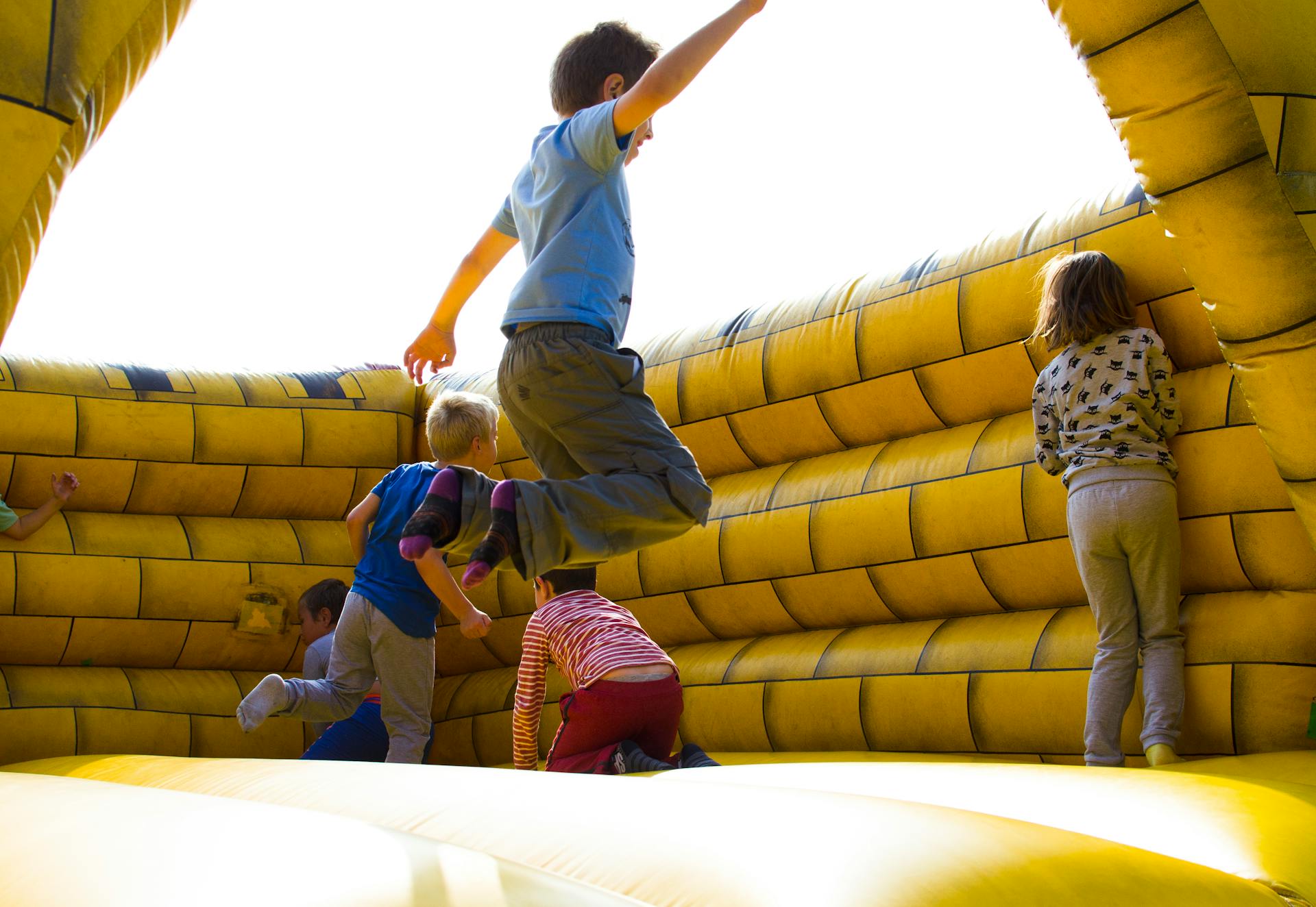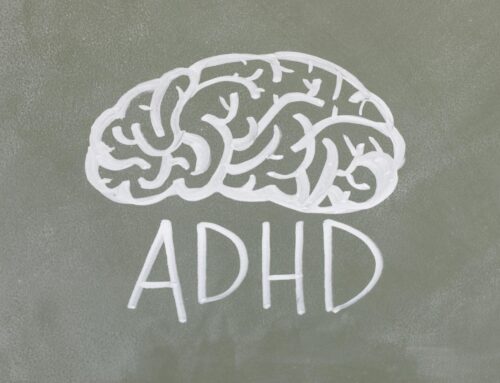Friendships with peers play an important role in a child’s overall development and wellbeing. This is why it can be painful for a parent to watch their child struggle to make and keep friends. As parents, we can quickly panic and ruminate over all the possible reasons why our child does not seem to have many friends. The first message I send to parents is to not fret. Easier said than done, right?! Even if a child does not seem to have many close friends, that does not necessarily mean they have poor overall mental health. In fact, research shows that while peer relationships are important for children, few things are more important than the parent-child relationship. Therefore, I often advise parents to first focus on and harness the power of their own relationship with their child.
Before trying to help a child make friends, it is important to understand what makes it difficult for them to make friends. Could it have to do with certain deficits in their social skills? Do they have untreated ADHD symptoms that may make maintaining friendships difficult? Are there contextual factors at play such as them attending private school where their classmates are more geographically spread out? The child’s age should also be considered. Parents of younger children have more control in helping them make friends, whereas it is a bit trickier with teenagers. When parents have a better understanding of the underlying reasons for their child’s lack of friendships, the next step is to “build the soil.”
Building the Soil
While friendships cannot be forced, parents can help “build the soil” for which friendships can grow. Specifically, parents can encourage their child to invite one classmate to their home after school or on the weekend. Since friendships in younger children are usually built on shared interests, it is important for the child to choose a classmate that has similar interests. I also recommend choosing a classmate that has good social skills, an easy-going temperament, and is an overall positive influence. This helps set a child up for success. Finally, playtime should be structured for younger children. The more structured and purposeful play is at the first, the more likely a closer friendship will be forged down the road. Do not take this to mean that unstructured free play is “bad” for children. In fact, such “free play” is critical for a child’s development. However, when the primary goal is to help a child make friends, structuring playtime at first can be helpful.
If you are concerned about your child’s social skills, I recommend setting up a home point system whereby your child can earn “points” for practicing various social skills with friends. For example, say your child has trouble with both sharing toys and keeping her hands to herself. When she invites a friend to her house, I would watch closely and reward her each time she shares with the friend or keep her hands to herself for a specified interval. Earned points can be exchanged for a tangible reward or privilege. This helps the child practice and solidify social skills that are necessary to building rewarding friendships.
Parents, especially those of older children, do not always have to take such a direct approach. The metaphorical soil can be built by simply encouraging (or even requiring) a child to get involved in extracurricular activities. A child who is on a basketball team, part of the school’s video gaming club, and/or participates in a youth group is far more likely to make friends than a child who spends all their free time at home.
Finally, while it can be disheartening to see your child struggle to make friends, remember that there is only so much you can do. The most important thing a parent can do is to provide a safe parent-child attachment relationship for their child. It is also important to remember that some children are simply late bloomers when it comes to making friends. I’ve worked with many children who had few friends during early to middle childhood, and then for various reasons had many friends during their teen years.






